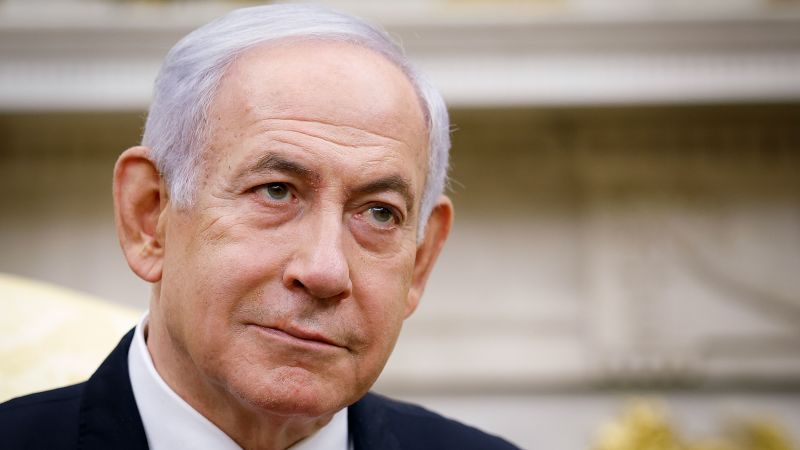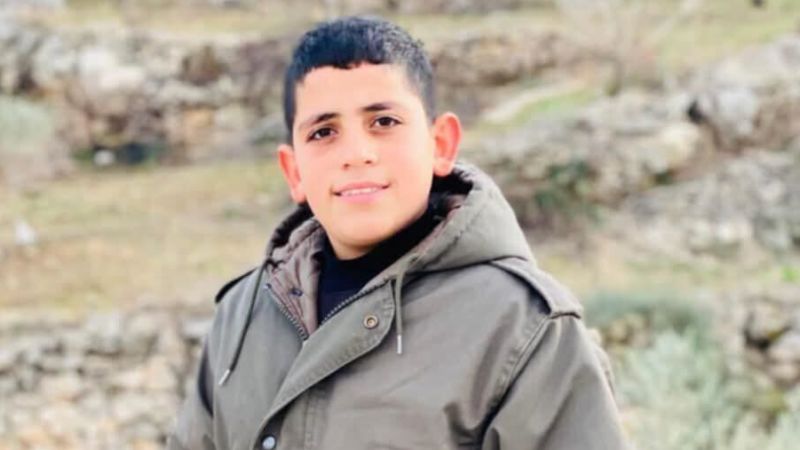Israel's Iran Strike Creates 'Significant Opportunities' for Gaza Hostage Release, Netanyahu Claims

Netanyahu Sees Hope for Hostage Release After Iran Strikes
Following a series of retaliatory strikes against Iran, Israeli Prime Minister Benjamin Netanyahu has expressed cautious optimism regarding the potential release of hostages held in Gaza. In a statement released earlier today, Netanyahu declared that the military operation has "opened up many opportunities," suggesting a shift in the dynamics of the ongoing conflict and a possible window for negotiation.
The strikes, which targeted Iranian military facilities, were a response to a recent Iranian missile and drone attack on Israel. While the exchange has heightened tensions in the region, Netanyahu's comments indicate a belief that the situation could also create leverage for securing the release of the remaining hostages.
A Complex Situation
The hostage situation remains a deeply sensitive and complex issue. Over 130 hostages are still believed to be held in Gaza by Hamas, months after being taken during the initial October 7th attack. Families of the hostages have been pleading for their release, and their plight has become a central focus of international attention.
While Netanyahu's statement offers a glimmer of hope, analysts caution against excessive optimism. The Iranian strikes and Israel's response have further destabilized the region, potentially complicating any negotiation efforts. Hamas, the militant group controlling Gaza, has repeatedly stated its demands for a ceasefire and the release of Palestinian prisoners in exchange for the hostages.
What 'Opportunities' Could These Be?
The specific nature of the "opportunities" Netanyahu alluded to remains unclear. Some speculate that the strikes may have weakened Hamas's position, making it more amenable to negotiation. Others suggest that the international pressure on Iran, a key supporter of Hamas, could be leveraged to influence the group's actions.
It's also possible that the strikes have disrupted Hamas's operations, making it more difficult for them to hold the hostages securely. However, military experts warn that any potential benefits must be weighed against the risk of further escalation and harm to the hostages.
International Response and Ongoing Efforts
The international community is closely monitoring the situation, with calls for restraint and a renewed push for a ceasefire and hostage release. Egypt and Qatar, who have played mediating roles in the past, are reportedly continuing their efforts to facilitate negotiations between Israel and Hamas.
The coming days and weeks will be crucial in determining whether Netanyahu's optimism proves justified. The fragile balance in the region could easily be disrupted, and the fate of the hostages hangs in the balance. Continued diplomatic efforts, combined with a commitment to de-escalation, are essential to achieving a peaceful resolution and bringing the hostages home.
Key Considerations
- Regional Instability: The recent exchange of fire between Israel and Iran has significantly increased regional tensions.
- Hamas's Demands: Hamas continues to demand a ceasefire and the release of Palestinian prisoners.
- International Mediation: Egypt and Qatar are actively involved in mediating negotiations.
- Hostage Safety: The safety and well-being of the hostages remain the top priority.






